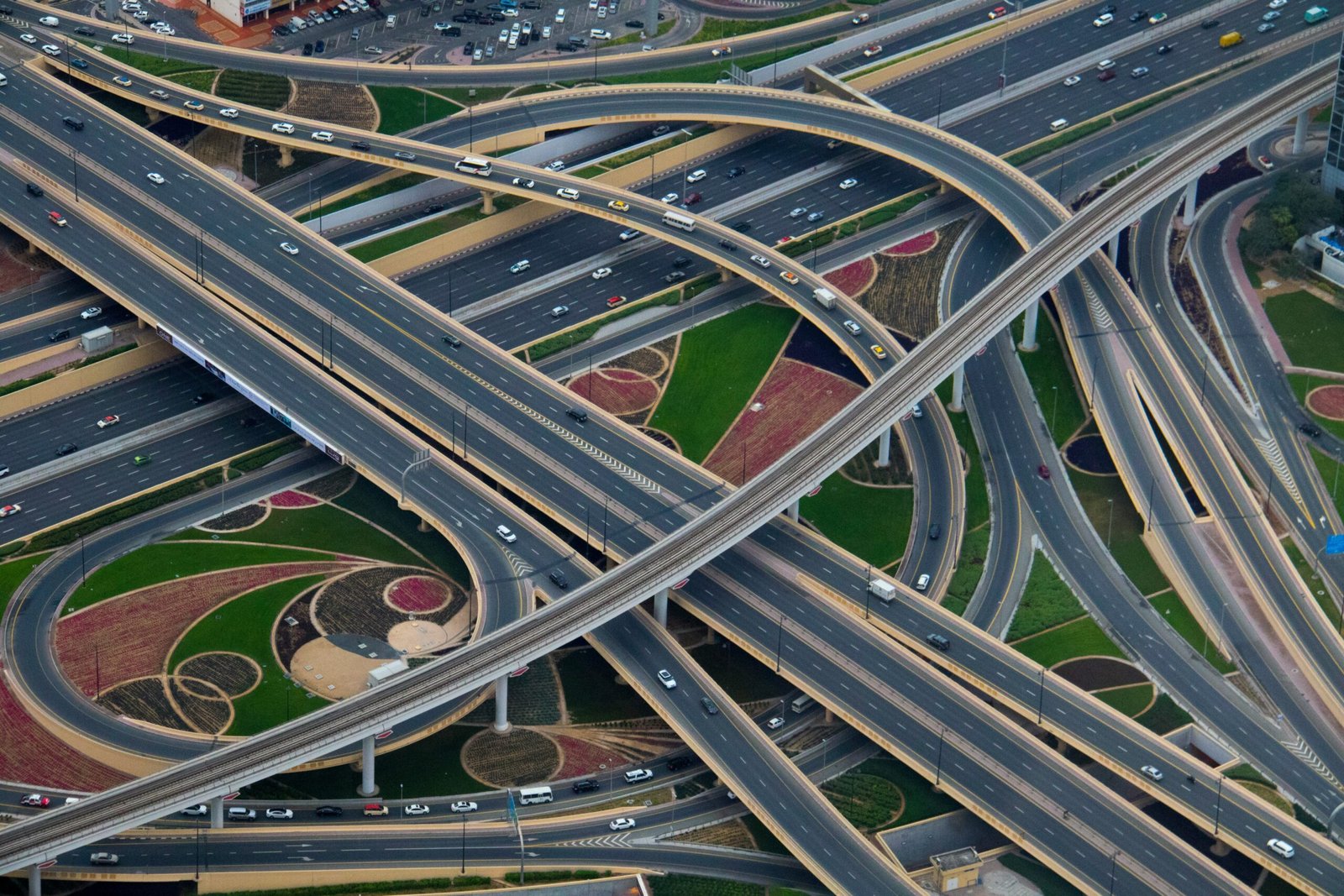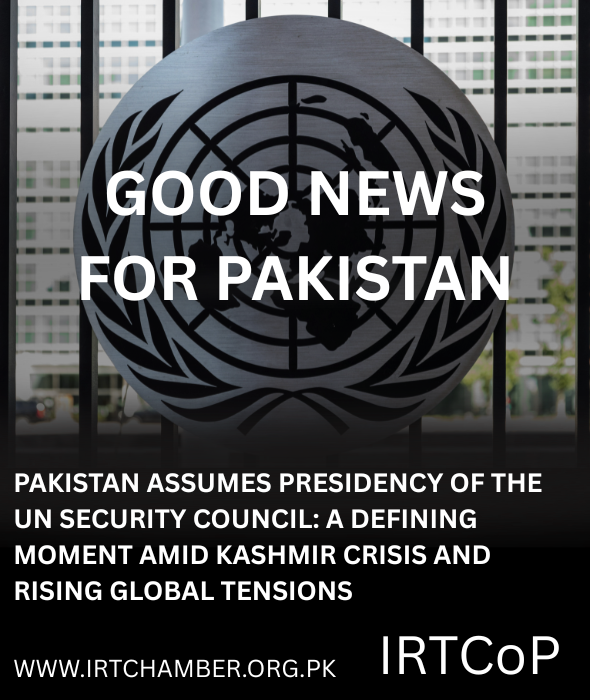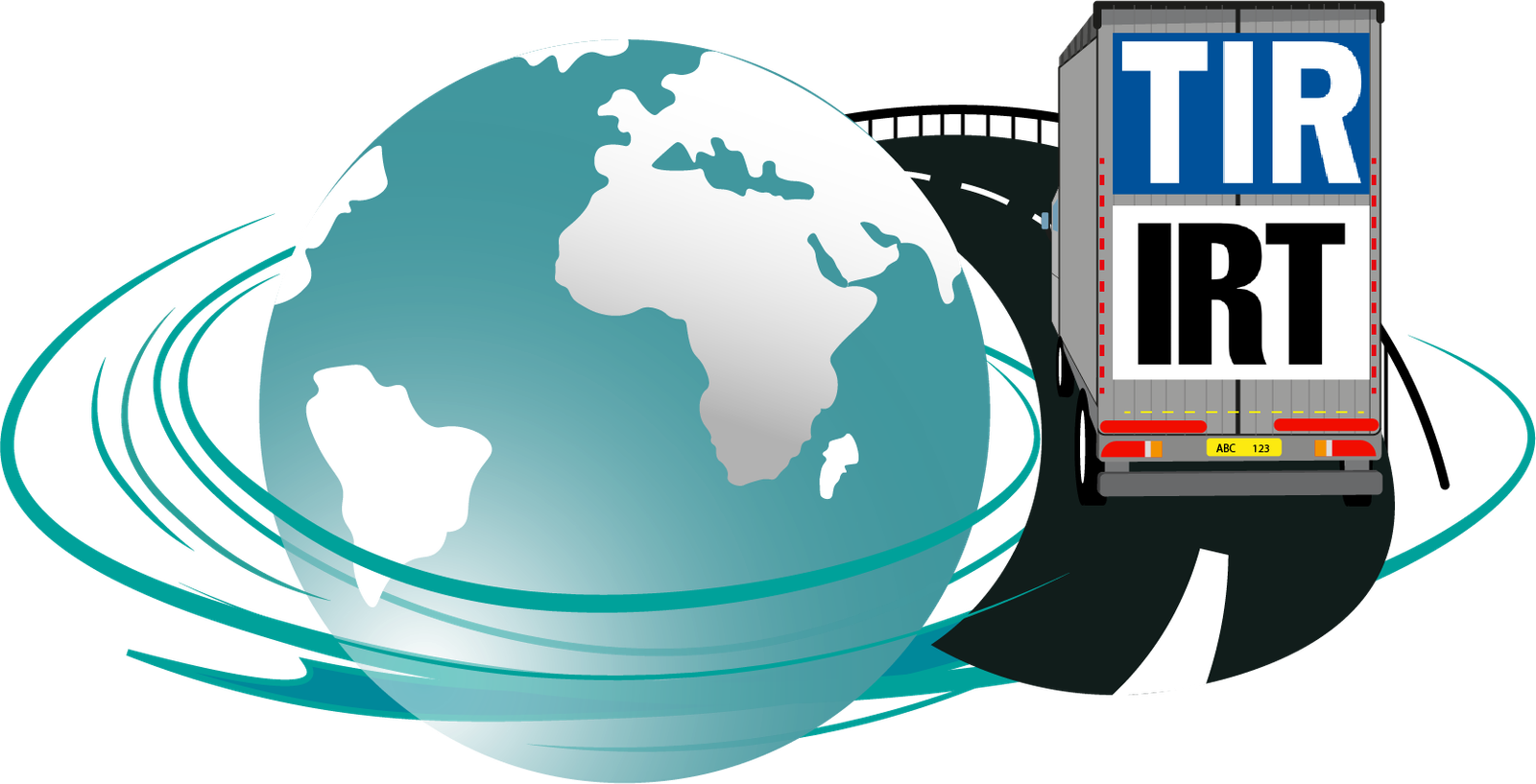When it comes to modern infrastructure, many assume the UK far surpasses developing nations. However, the reality in 2025 tells a different story. Over the last decade, Pakistan has undergone a quiet but powerful transformation in its road network — one that rivals and, in some areas, outpaces the infrastructure of developed countries like the United Kingdom.

Pakistan’s newly constructed motorways and expressways are changing how people travel across the country. Roads such as the Lahore-Sialkot Motorway (M-11), the Swat Expressway, and the Hazara Motorway (M-15) are not only built to international standards but offer smooth, high-speed, and efficient travel. These are the arteries of a growing economy, designed to handle both commercial transport and daily commuting with ease.
Urban areas across Pakistan, especially cities like Islamabad, Lahore, and Karachi, are seeing unprecedented expansion. In societies like DHA and Bahria Town, the road systems are wide, well-marked, and modern — often spanning six to eight lanes. These developments also feature underpasses, overhead bridges, and signal-free corridors that ease congestion and promote uninterrupted flow. In comparison, many cities in the UK still operate on legacy road systems built before the automobile boom, leading to narrow, congested streets that can no longer handle modern traffic loads efficiently.
Pakistan’s roads are increasingly being designed with aesthetics and functionality in mind. Palm-lined avenues, decorative medians, LED-lit underpasses, and smart traffic signals are becoming standard in newly developed areas. In some regions, roads are already integrated with fiber-optic systems and solar-powered lighting. While the UK does invest in smart infrastructure, widespread upgrades are slow due to high costs, regulatory hurdles, and public resistance to construction disruptions.
Another notable advantage for Pakistanis is the lower cost of road usage. There are no congestion charges in most cities, and vehicle taxes are minimal compared to those in the UK. British drivers often face high road taxes, expensive parking fees, and additional levies in low-emission zones, making daily travel more costly and restrictive.
What’s also remarkable is the speed at which Pakistan is building its roadways. Projects that once took decades are now completed in a matter of years — sometimes even faster. Motorways and urban flyovers are completed in record time due to a mix of public-private partnerships and streamlined approval processes. In the UK, even minor roadworks can be delayed for months due to planning permissions, public consultations, and environmental reviews.
The involvement of the private sector in Pakistan has made a major difference. Real estate developers like Bahria Town and Capital Smart City have invested heavily in creating world-class internal road systems. These roads are wider, cleaner, and often better maintained than many public roads in older UK cities. Private investment ensures high standards and regular maintenance — a level of efficiency that is harder to achieve in the government-dominated UK system.
Pakistan also has a major advantage when it comes to land availability. Unlike the UK, where expanding roads often means demolishing heritage buildings or disturbing dense communities, Pakistani cities still have room to grow. This has allowed planners to build broader avenues and incorporate future-ready designs without the limitations of legacy infrastructure.
Despite existing challenges in rural road conditions and traffic law enforcement, Pakistan’s urban and national transportation network is setting new benchmarks. The change is visible, tangible, and impactful — creating faster commutes, boosting trade, and connecting the country in ways that were once thought impossible.
IRTCoP is proud of its country and the direction it’s heading. As Pakistan builds faster, smarter, and stronger roads, it lays down not just asphalt and concrete — but the very foundation for a more connected and prosperous future.





